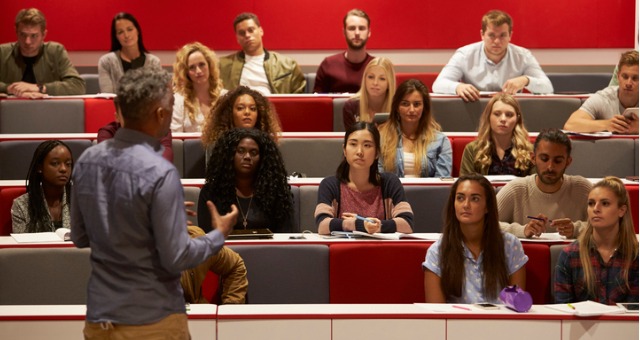Six Ways to Promote a Positive Learning Environment
During the past 10 years, my colleagues and I have observed a steady increase in specific behaviors that create conflict in our classrooms. These disruptive behaviors do not arise every day and certainly are not exhibited by all students, but collectively, my colleagues and I could fill a sizeable bucket every year with examples of student behaviors that are rude, hostile, or confrontational. A belief that students have the right to do whatever they want because they are paying for their educational experience, and that faculty have no right to impose limitations on this freedom, is rooted in students’ assumption that as consumers of higher education, their individual needs and desires are the only relevant factor faculty should consider when developing course policies, assignments, and curriculum (Fullerton, 2013)









